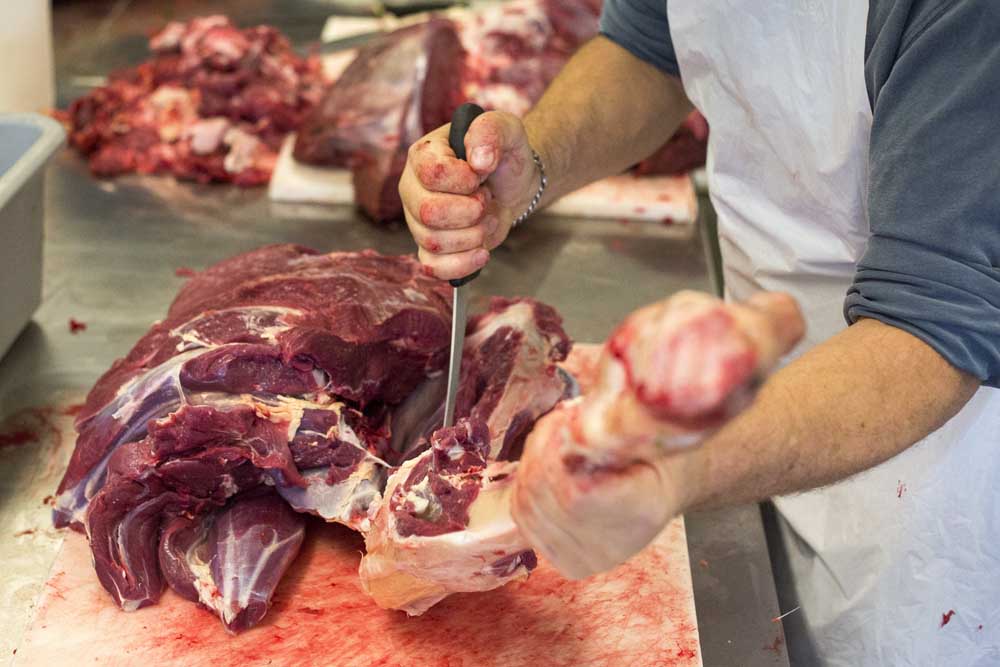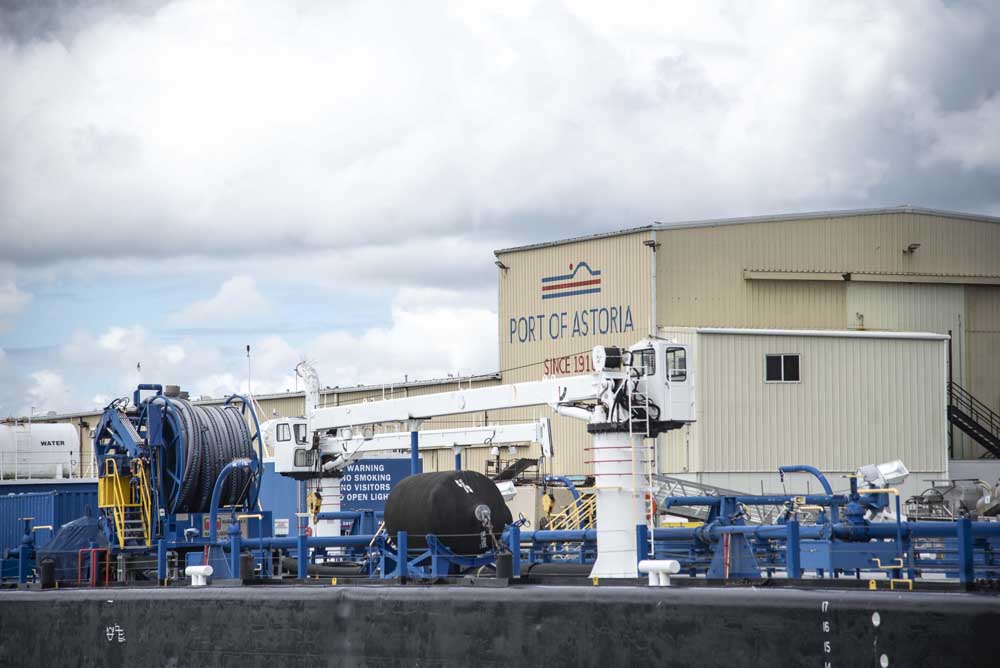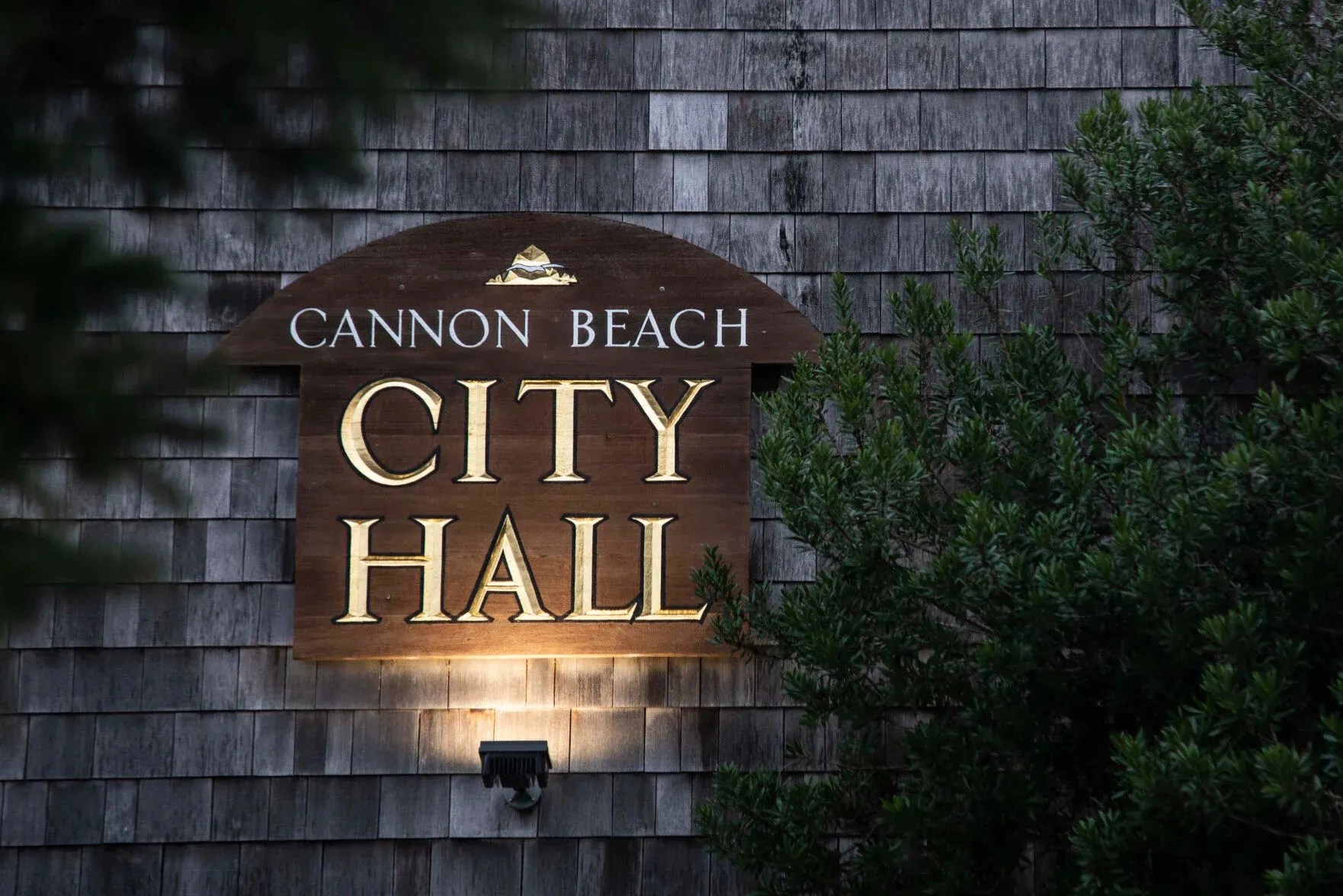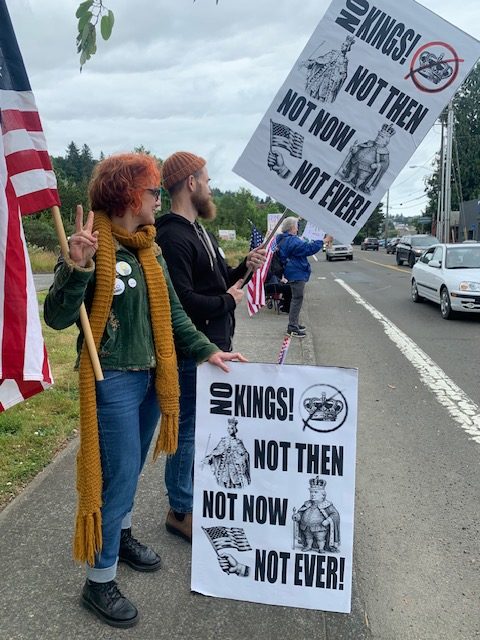Poached game helps feed hungry
Published 1:57 am Thursday, November 26, 2015

- Food Bank Director Marlin Martin cuts up elk meat to be ground up.
Wildlife officials never want to see unlawfully killed game go to waste.
Through an agreement with the Clatsop Community Action Regional Food Bank, the Oregon Department of Fish and Wildlife, Oregon State Police and local fisheries and hatcheries donate recovered fish, elk and deer.
The meat from illegally killed game will provide meals to hundreds of families in Clatsop County this Thanksgiving.
Since the food bank started accepting wild game in 2011, more than 100,000 pounds of fresh fish and game have been processed.
“It’s really invaluable to folks to get this,” Marlin Martin, director of the CCA Regional Food Bank, said.
No other food bank in the state accepts and processes fresh meat in-house. Other food banks have to pay to have the meat processed.
A designated kitchen area inside the food bank’s distribution center in Warrenton allows volunteers to butcher the donated meat. Wildlife officials dress the meat, and volunteers finish processing it by cutting the meat off the bones. Elk and deer are all grounded into hamburger meat.
“If you can eat it, we will butcher it,” volunteer Victor Kee said. Last week, Oregon State Police’s Fish and Wildlife Division brought in seven unlawfully killed elk. Some were accidentally killed, while others were poached.
The food bank estimates the seven elk will create more than 4,000 meals over Thanksgiving.
“That adds up to a lot of meat,” Sgt. Joe Warwick said.
About half of the confiscated meat comes from hunters self-reporting their mistakes, and the other half is from poaching cases, Warwick said.
The aggressive elk in Hammond that Warwick shot and killed in October also made its way to the food bank.
Warwick has to decide if the meat is fit for human consumption. The food bank only accepts meat from wildlife officials. Hunters can not directly bring in their kills.
In addition, no roadkill is accepted by the food bank. Martin said the food bank does not want to risk serving roadkill that may be damaged or sitting out for too long.
For safety and liability reasons, the donated meat is processed as soon as possible. To stretch the meat further, it is grounded rather than turned into steaks.
Oregon State Police used to donate confiscated meat to the Tillamook County Jail. Once the local food bank opened its distribution center in 2010, it became possible to keep the meat within the county. The partnership started in 2011.
Over the past few years, a variety of fish and game has come through the food bank. Fish species have included salmon, tuna, steelhead, halibut, rockfish, cod, shellfish and shark. Animals have included elk, deer, venison and bear.
An average of 20,000 pounds of fish and game are processed each year.
“My preference is for it to go back to the community,” Warwick said.
Warwick calls the partnership mutually beneficial. Wildlife officials need a place to take the confiscated meat, and the food bank is able to provide fresh meat to local food pantries and meal sites.
Having volunteers who are willing to butcher the game, and open the distribution center at all hours for the wildlife officials, is a key to the success of the program, Martin said.
Providing fresh game would otherwise be too expensive for the food bank.
“If we had to pay to process it, we couldn’t afford it,” Martin said.





